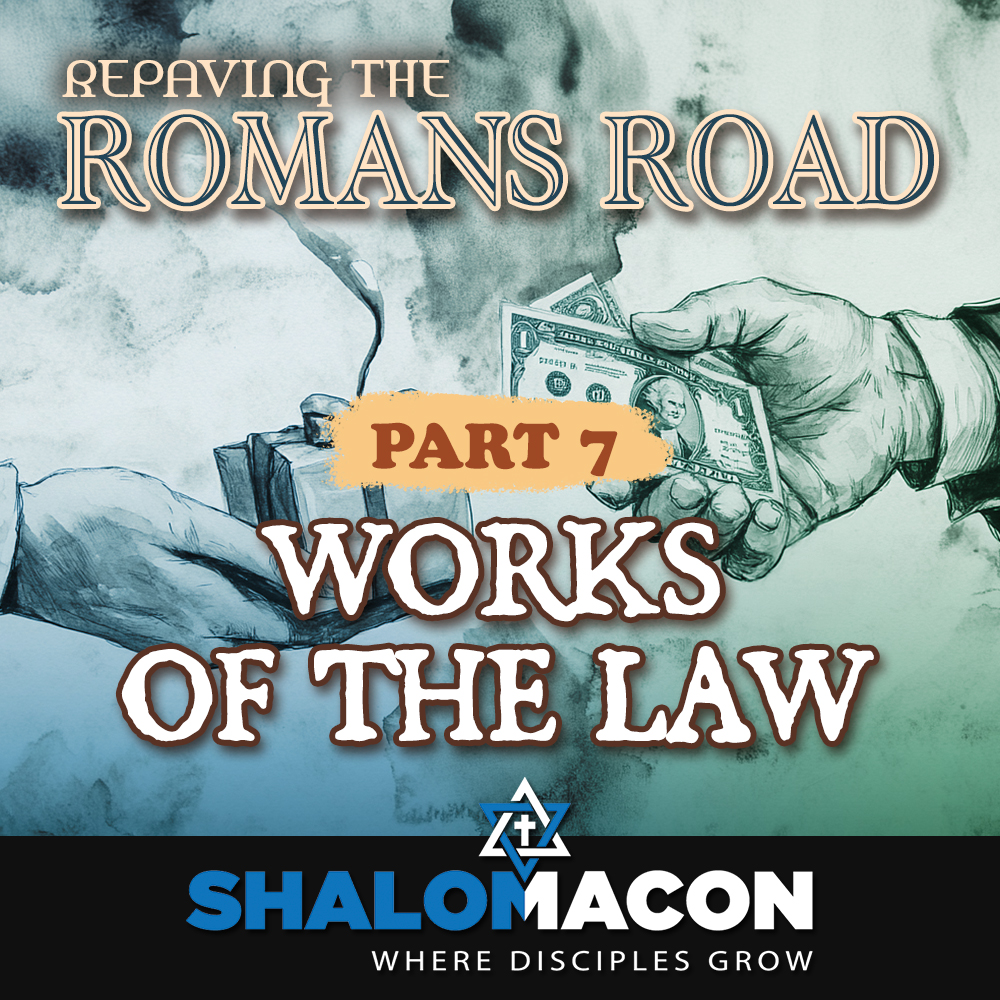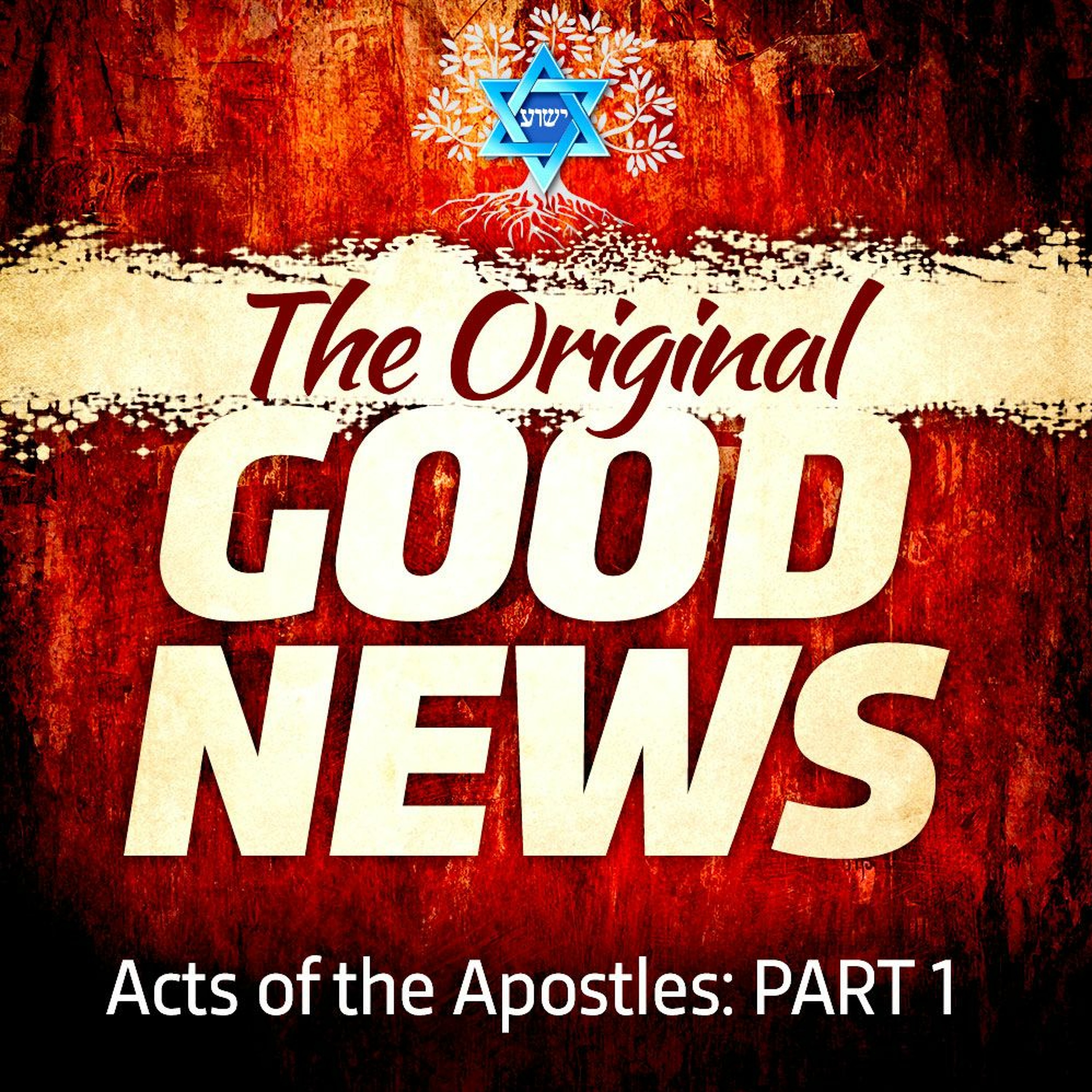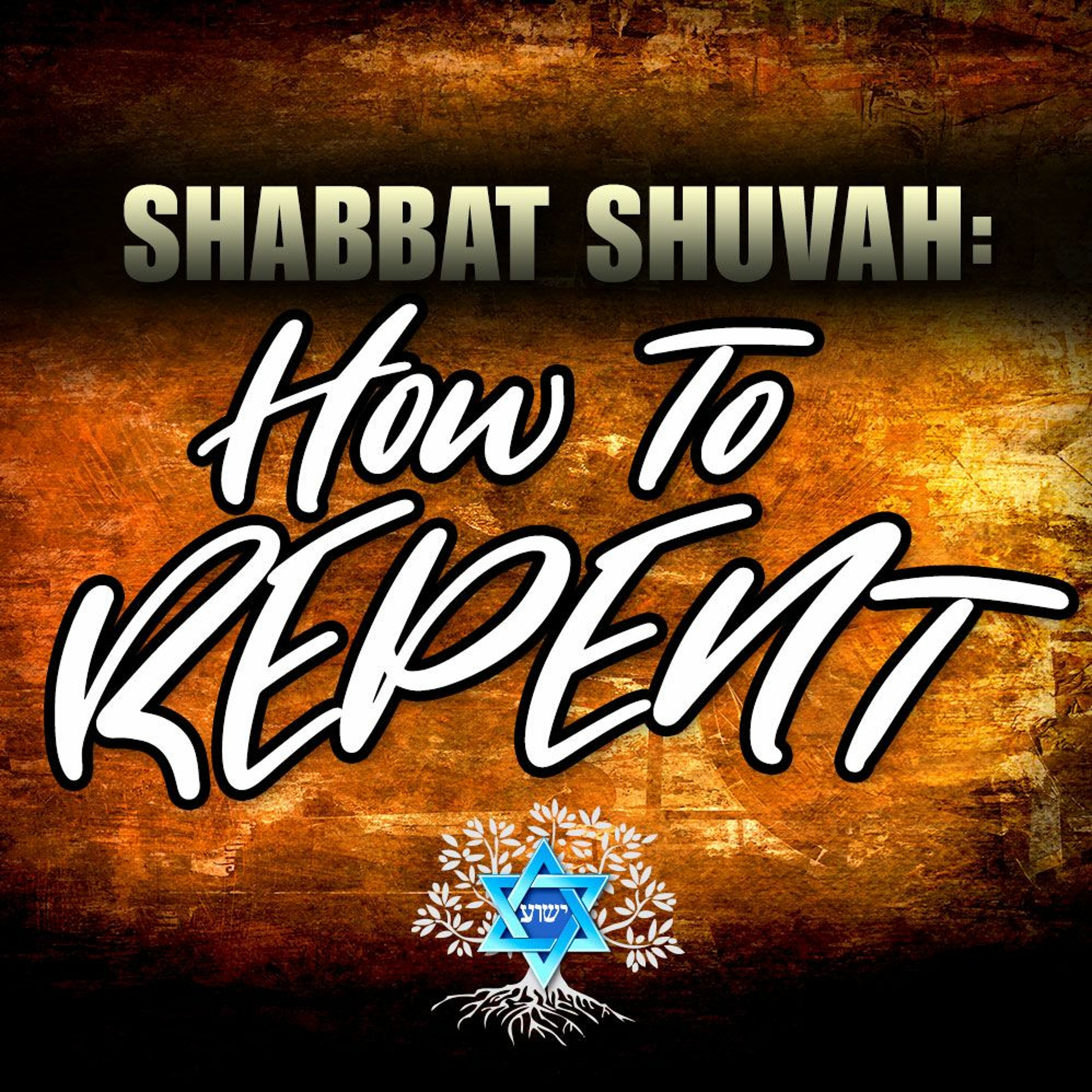[00:00:00] Speaker A: In the days of King Yehoshiahu, or Josiah, the king of Judah, the holy temple in Jerusalem had fallen into disrepair due to neglect by previous kings who worshiped pagan idols. King Yehoshiahu commissioned that the temple be restored to its former glory. During those renovations, however, the king sent a scribe by the name of Shaphan to the temple to take an account of the progress. While he was there, the high priest Hilkiahu revealed to him that he had come upon an incredible discovery, a scroll of the Torah. Shaphan took the scroll back to the king and read it to him. When the king heard the words of the Torah, he tore his clothes and said, great is the wrath of the lord that is kindled against us, because our fathers have not obeyed the words of this book to do according to all that is written concerning us. This is two kings. 20 211 13 we are living in a time similar to the days of King Yahushiahu, in which the Torah has been lost among the followers of Yeshua. Now that we discovered it, what are we supposed to do with it? Let's explore that idea in this week's five minute tour.
Shalom and welcome back. I'm darren, and I'm excited to be with you again for another video on the weekly Torah portion. Before I get into my five minute Torah commentary, let's take a quick peek into our Torah portion. This week we are studying the portion of kitetse, Deuteronomy 21 1020 519, and here are the three things that you need to know about it. Number one, Torah ethics, how to love our neighbor. Kitetse contains numerous laws that focus on treating others with kindness, fairness, and compassion, and even extends to the humane treatment of animals. These laws cover topics such as paying workers on time, being honest in business affairs, returning lost property, providing for the poor and the stranger, and helping a fallen animal. Some may even include the commandment to shoo away the mother bird when taking her eggs or chicks. The theme of compassion and ethical treatment of both man and beast underscores the importance of these things in our daily interactions. Number two, forbidden mixtures, kilaim and shatnes. We also read about forbidden mixtures in this week's tour portion, such as sowing two types of seed together, plowing with an ox and a donkey together, wearing garments that are a mixture of wool and linen. Kilaim is the general term for mixtures forbidden by the Torah. Shatnez refers to garments that are made of a mixture of wool and linen. These mixtures are forbidden, well, mostly the garments of the Kohen godol, the high priests, were woven of threads of linen intertwined with blue, purple and scarlet wool. Why? I think the better question is why can't the average jew wear garments that combine wool and linen? It's probably to remind them there is only one Kohen Godol, and his holiness requires it. Number three, family God at the center, kitace also addresses laws related to marriage, divorce and family dynamics. It outlines regulations for the treatment of wives, procedures for divorce, and the rights of the firstborn sons. Even though some of these things are formed to our modern culture, we can see how the Torah emphasizes the sanctity of marriage and the importance of maintaining healthy and respectful relationships within the family. If you're looking for a place to learn, connect, and grow, then Shalom Macon is the place. It doesn't matter where you are in the world. You can find a connection with Shalom Macon through our live services every Saturday and through our private social network we call Shalom at home. Check us out on YouTube and on our
[email protected], for more information. We look forward to connecting with you and seeing you this Shabbat this week's Torah commentary is called restoring the lost and comes from my book five minute Torah, volume two. The Torah portion of kitetse contains a plethora of laws ranging from managing the spoils of war to sexual immorality to fulfilling vows and oaths. Our focus will be on the responsibility of guarding a lost object. At the beginning of chapter 22, we read, you shall not see your brother's ox or his sheep going astray and ignore them. You shall take them back to your brother, and if he does not live near you and you do not know who he is, you shall bring it home to your house, and it shall stay with you until your brother sees seeks it. Then you shall restore it to him, and you shall do the same with his donkey, or with his garment, or with any lost thing of your brothers which he loses, and you find you may not ignore it. Deuteronomy 22 one three at first, this seems like a straightforward commandment of the Torah. You find something that doesn't belong to you, whether it's a living animal or an inanimate object, either find the owner and give it back or hold on to it until the owner comes back looking for it. However, because this passage is brief, without any details of how to deal with various possible scenarios, many implications, applications, and questions are left unaddressed. This set of commandments, revolving around the care and return of a lost object is one of the foundational passages that many begin studying when they commence learning Mishnah and Talmud. Tractate Bhava Matsia has a whole section exploring the various facets of these principles and their subsequent applications. It raises questions such as how long must one hold on to the lost object? Or how does a person deal with the extra expense of keeping a lost animal? And what if the lost animal dies while in one's possession? And what should a person do with the items that cannot be identified by their owner, such as scattered coins? These questions are all legitimate and need resolution if we desire to fulfill this commandment. However, we can apply this passage in another way. Midrashically, we can also understand these laws to apply to anything that is lost, not just tangible objects. The principle of this passage can equally apply to things that are spiritual in nature. An example of this would be the sabbath. If a God fearing person does not recognize the Sabbath but continues to grow spiritually, then he will likely eventually realize that he has lost something along the way. He is missing out on the blessing of the Sabbath, but does not realize it yet. We must hold on to this missing blessing for him until your brother seeks it. We must be particularly sensitive to the followers of Yeshua who are growing and spiritually searching. Maybe they don't recognize this particular object of theirs that we are safeguarding, but we must work to help them see their loss. As it says, you shall take them back to your brother. We must do so, however, in a way that is loving and respectful and with a great deal of patience and humility. Just as we would never maliciously hunt down the owner of a lost puppy and condemn them for their negligence, we don't need to do so with lost religious practices either. If we find a power tool but leave it out in the rain until we return it to its owner several months later, it won't be much of a misfit to return the rusted and unusable item to its owner. But if we take good care of it, keeping it dry and protected, maybe even cleaning it up a little bit, then when we return it to its proper owner, the owner will not only receive the object with joy, but will also be grateful for our efforts to take care of it. The same is true when it comes to returning lost spiritual items. We should bring the lost item back to the person in a way that it will be seen as unsoiled, beautiful, and familiar. If we can't return it in this manner, then why would they want it back at all? Let me tie it all together with this. In my introduction, I talked about King Yehoshahu and his excitement to find the Torah and restore it to his people. If youre like me, you got excited when you realized that the Torah was still relative and applicable and probably just wanted to go and tell the whole world about it. But sometimes our misguided zeal turns more people away than it encourages. What are some ways that we can return the Torah to our brothers and sisters without our message being overshadowed by condemnation or an attitude of superiority? What has worked for you and what hasn't worked for you? Please let me know in the comments below. And last, don't forget to check out our series repaving the Romans road and download the accompanying study guides for each teaching. You can get started by using the link above or at the end of this video. I'll see you next week for another messianic insight into the eternal Torah of God. Blessings from Shalom Macon, the place where disciples of Yeshua learn, connect, and grow.
[00:08:15] Speaker B: Please visit our website, shalommakin.org, to learn more about us. Join our live services, access other teachings, sign up for our newsletter, join our private network that will connect you with our greater community from around the world, or contribute to the work of Shalom Macon. Thank you for watching and we look forward to connecting with.



